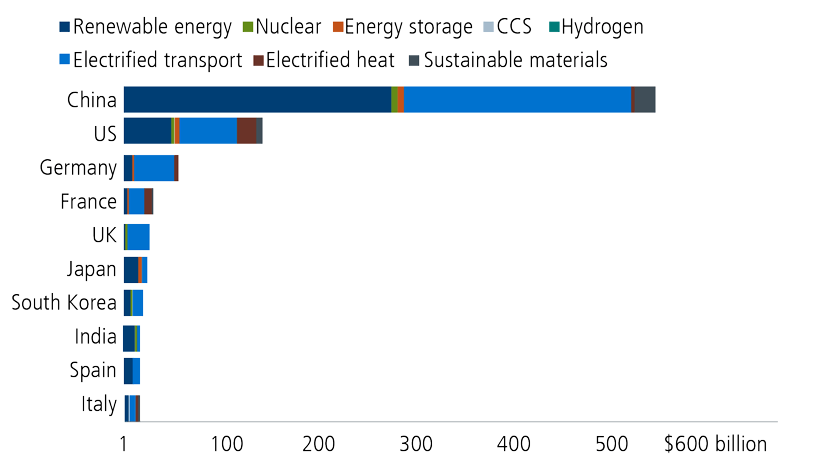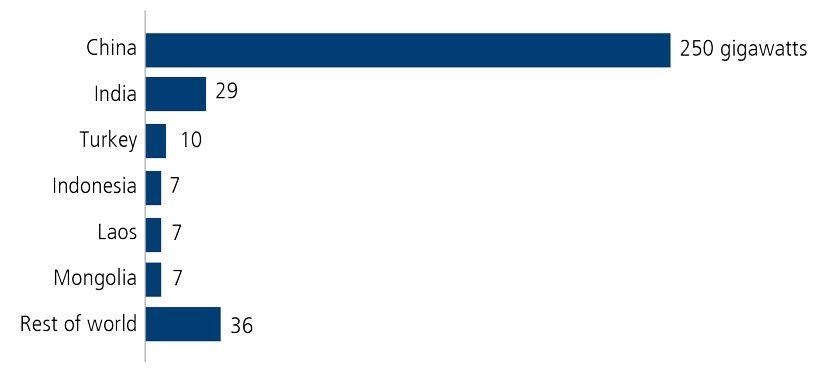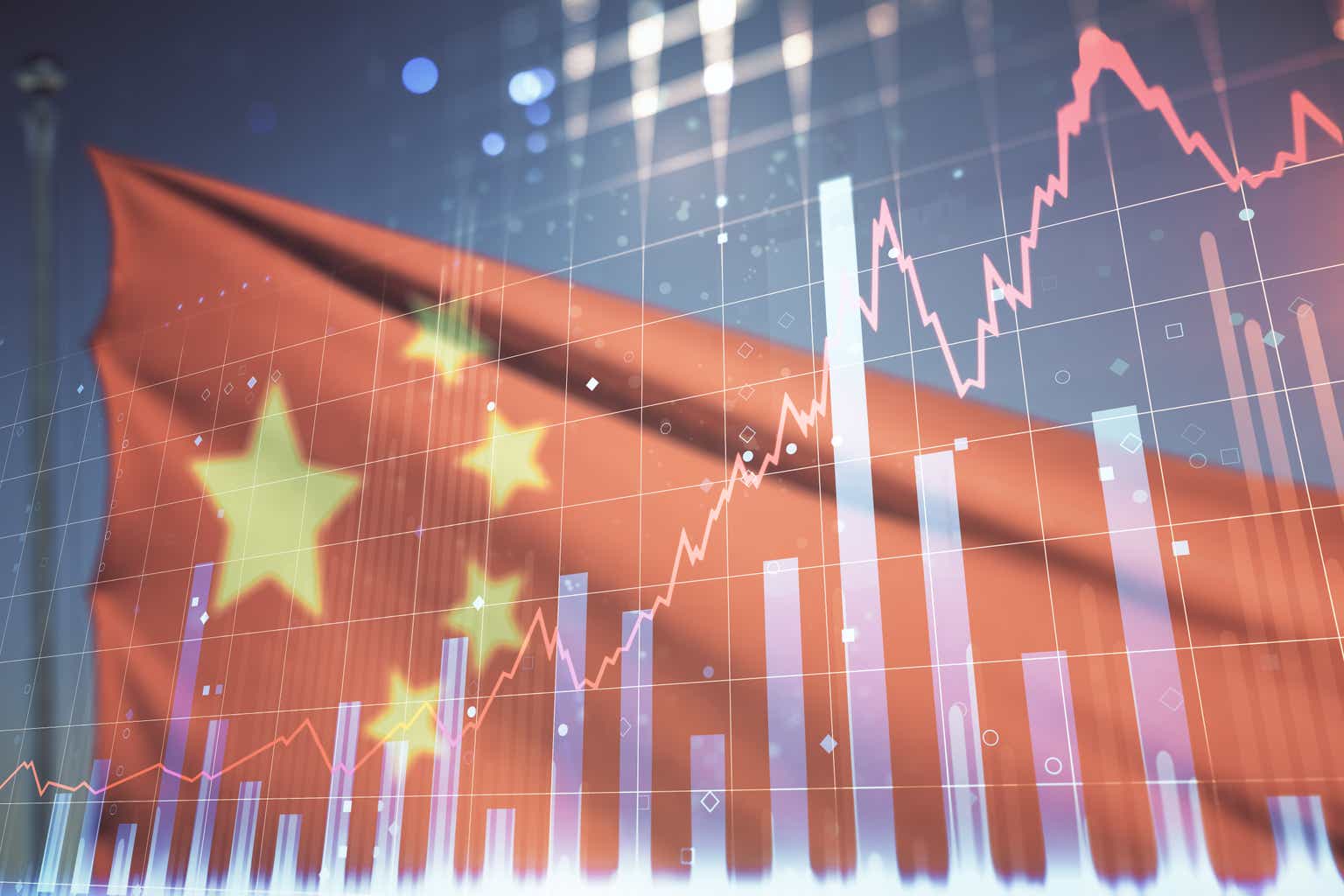By Jim Madden, Tony Tursich, and Beth Williamson
As global investors, we are often asked about our strategy for investing in China. Clearly, there are many red flags for foreign investors seeking access to the world’s second-largest economy. But there are also opportunities.
Our approach reflects caution. In our global and international portfolios, we have been consistently below benchmark weight in Chinese equities. The main reason for this underweight is a lack of what we consider to be quality companies. Another reason is the extreme influence the Chinese Communist Party (CCP) has in domestic equity markets.
However, this government influence can also create tailwinds. We firmly believe that understanding government policies and looking for companies and sectors that will benefit from those policies improves the probability of successfully investing in Chinese equities.
A prime example is the CCP’s environmental approach. China’s 14th five-year plan (for 2021‒2025) calls for reduced CO2 emissions, lower energy consumption, and increased use of renewables and electric vehicles (EVs). This strengthens the investment case for a select group of innovative companies, including Sungrow Power (solar), China Water Affairs (OTCPK:CWAFF) (clean water), and BYD (OTCPK:BYDDF) (EVs).
But even with government backing for these specific environmental initiatives, China’s impact on the world’s environment is not by any means universally positive. On one hand, it is the largest cleantech investor in the world by a wide margin (Figure 1).
Figure 1. China spends half of the world’s total in energy transition
Top 10 countries for energy transition investment, 2022 ($ billion)
Source: Bloomberg NEF
On the other hand, China accounts for almost 75% of the world’s planned coal plants (Figure 2).
Figure 2. China has almost all of the world’s planned coal power plants
Planned coal capacity
Source: Bloomberg, E3G
Case Study: Sungrow Power
Sungrow is a global leader in the fast-growing field of solar inverters. With an established reputation for innovation and quality, the company has focused on maintaining its position in a market that has more favorable financial dynamics than other parts of the solar value chain. Additionally, Sungrow was an early mover in the energy storage system (ESS) space, which includes power conversion, batteries, and energy management tools.
Communism versus free markets, clean power versus fossil fuels, large domestic market versus limited regulation – the investing landscape in China is one that demands analysis to separate the risks from the opportunities.
Original Post
Editor’s Note: The summary bullets for this article were chosen by Seeking Alpha editors.
Read the full article here





